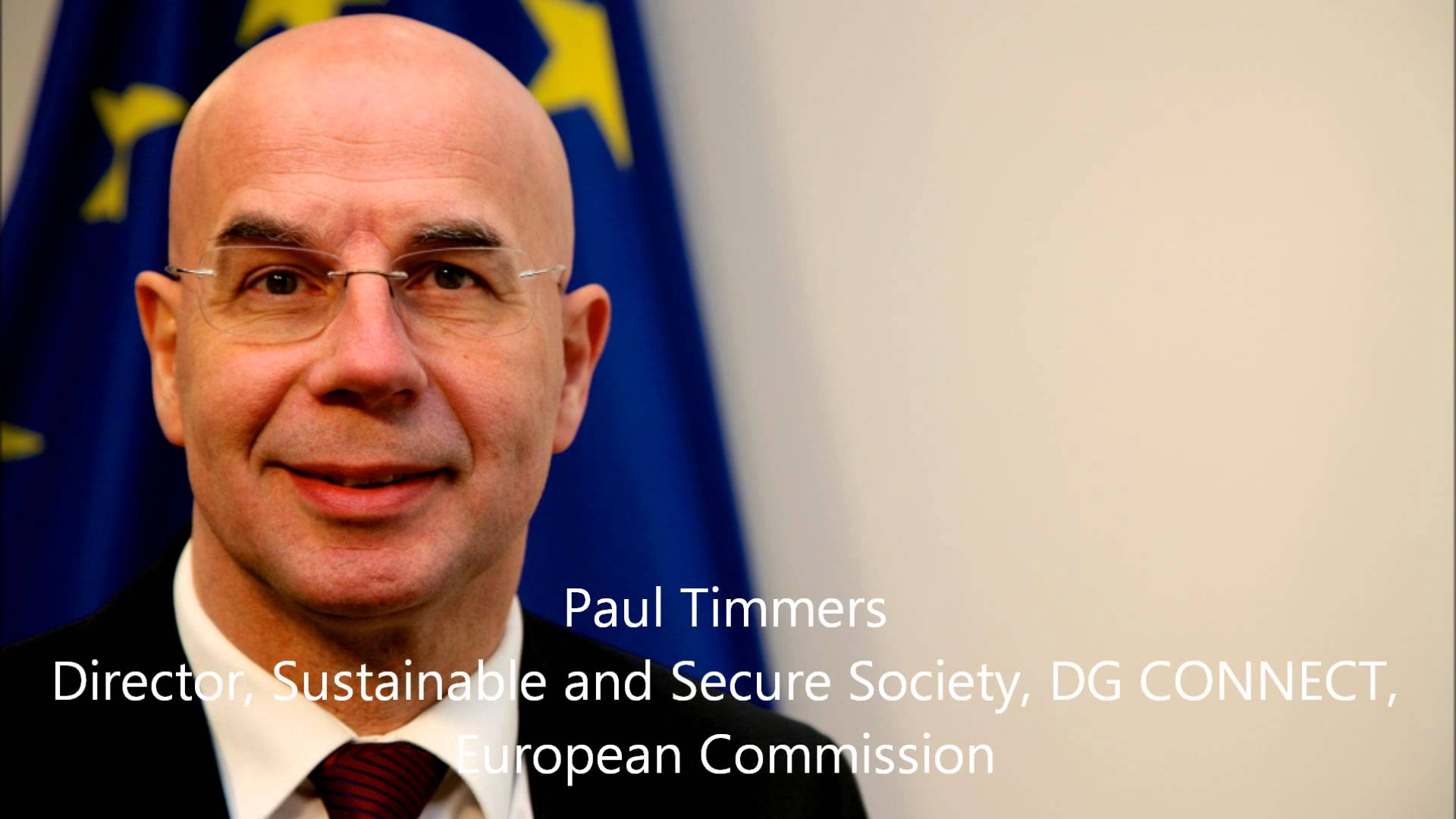As part of our Face to Face series with the European Commission, we sat down with Paul Timmers from DG CONNECT, who kindly agreed to share his expertise on the Digital Single Market, the focus on apps within it and the digital economy as a whole.
Paul Timmers is Director of the Sustainable & Secure Society Directorate in the European Commission Communications Networks; in addition, he is the Content and Technologies Directorate General for DG CONNECT. Previously he headed the ICT for Inclusion and the eGovernment units. He was also a member of the Cabinet of the Commissioner for Enterprise and Information Society.
Before joining the European Commission, Timmers was a manager in product marketing and software development at a large IT company. He co-founded a software start-up, and is widely published in the field of technology and policy. This includes a book on electronic commerce strategies and business models.
Paul Timmers
Application Developers Alliance: The Digital Single Market Strategy is one of the most exciting initiatives proposed by the European Commission. The Commission is 100% committed to respecting the timeline and in less than one year many of your deadlines have been met. That being said , what can app developers, the digital industry, and consumers expect during the coming months?
Paul Timmers: Not only DG Connect but also many other parts of the Commission are working at full steam to deliver the actions outlined in the DSM Strategy. By and large, we are moving from policy development (analysis, consultation) towards action: on April 19th we adopted a big package on the digitization of industry and the public sector. We have closed the public consultations on audiovisual and media, geoblocking, and platforms. We will publish two legislative proposals and one Communication on these subjects before the end of May. One area where we are not quite as far advanced, and which at the same time could be of particular interest to the app developing community, is the Free Flow of Data initiative.
Application Developers Alliance: We always talk about the European Commission as a compact single entity; however, each initiative or proposal is the product of a strong collaboration between different DG’s and Directorates. Can you explain to our members what the Directorate for Digital Society, Trust & Security is, what your team focuses on and what activities are currently keeping you busy?
Paul Timmers: Ours indeed covers a very broad range of topics and activities. In terms of substance, we work on a selected number of areas where ICT can help address important societal challenges (health, demographics, the public sector, transport, energy, and smart cities), as well as the ever more important cross-cutting topic of cybersecurity and digital privacy. In terms of instruments, we fund a lot of research under Horizon 2020, we promote self-/co-regulation, public-private partnerships and the formulation of European interests, but we are also in charge of “hard” measures like Regulations and Directives.
So just to pick a few of our activities, we are working on a Code of Conduct for health apps, on awarding the most innovative regional alliances to meet the needs of their aging populations. We implement the just-adopted e-government action plan, a memorandum of understanding between European cities and industry about the requirements, including openness, for smart city platforms, a public-private partnership for cybersecurity, and a revision of the ePrivacy Directive.
Application Developers Alliance: The Consultation on Safety of Apps and Non-embedded Software will finally put apps at the forefront. So What is the goal of the consultation and what will developers read in it?
Paul Timmers: The purpose of the consultation is to gather input from various stakeholders, to obtain a better understanding of the risks and problems that non-embedded software pose, and how these problems are dealt with. The views gathered will help define potential next steps and future policies at the EU level. App developers will find questions about their experience with consumers approaching them because they encountered problems with unsafe apps or other non-embedded software.
Application Developers Alliance: How could industries, entrepreneurs, and digital startups help and assist DG CNECT and collaborate with the Directorate for Digital Society, and Trust & Security when developing the most effective and reasonable policies?
Paul Timmers: Work with us! We are open, and we do seek the input from app developers, as we do from all stakeholders. We have had loads of public consultations on ec.europa.eu/yourvoice recently, and the one on safety mentioned above is forthcoming. And then we have more structured stakeholder “platforms” in each of our areas, such as the Network and Information Security platform, the innovation partnerships of Smart Cities and Communities and on Active and Healthy Aging. On the Privacy Code of Conduct for mHealth apps, we are already working together with app developers and would like to invite you to continue working with us, give us your expertise and tell us your needs.
Paul Timmers
Application Developers Alliance: How are your previous experiences in software development and the startup ecosystem helping in your new role?
Paul Timmers: In my personal view, software and app developers are smart, responsible and dynamic people. As a developer and entrepreneur, you benefit a lot from many contacts – with peers, customers, and also with equally smart policymakers. If each takes the effort to speak a language that the other party understands, things can move fast, delivering successful yet responsible innovation. That is no magic bullet, just common sense!




